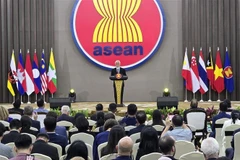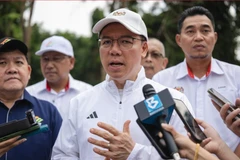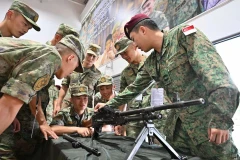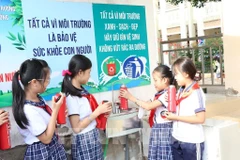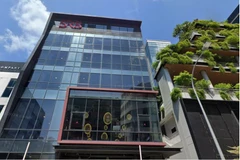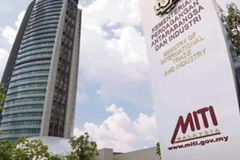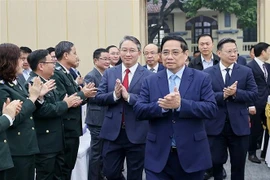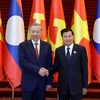Singapore (VNA) – The Singaporean Government has been researching solutions to revive the domestic stock market as many companies have weakened in recent years amid high interest rates.
The city state’s stock market is characterised by a high concentration of companies with substantial stakes held by state investment fund Temasek, as well as real estate-focused companies, including real estate investment trusts. However, their weakening made Singapore Exchange (SGX) one of the quietest globally last year.
In efforts to revitalise the market, a council has been established, gathering representatives of both private and public sectors.
The Monetary Authority of Singapore (MAS) stated that the council will be chaired by Second Minister for Finance and MAS Deputy Chairman Chee Hong Tat. Its mission is to assess the current state of the domestic stock market, address challenges, and propose strategies to support and encourage listed companies on the SGX to build capabilities and expand internationally.
MAS is also collaborating with market participants such as banks and exchanges to develop Singapore’s electronic trading infrastructure. This will enhance the detection of cash flows, price changes, and foreign exchange transactions in the region, allowing market participants to benefit from reduced latency and better pricing and liquidity in foreign exchange and over-the-counter (OTC) derivative transactions.
Other measures being considered include mandatory participation in the stock market with private capital flowing into Singapore and establishing mechanisms to allow pension funds to invest in the domestic stock market. The Central Provident Fund (CPF) of Singapore, a social security system for pensions, has substantial capital, but the Singaporean Government currently lacks policies to mandate or encourage CPF investments in stocks.
The country's Government is also closely monitoring policies in other countries and is particularly focused on cooperating with Southeast Asian stock markets. Plans include organising a regional exchange in the future and addressing issues such as currency risk.
Recently, the Vietnam Stock Exchange (VNX) and the SGX signed a memorandum of understanding to develop communication channels that strengthen relations for the benefit of the stock markets in both countries. This is an avenue that the Singaporean Government is set to continue promoting in the future./.




